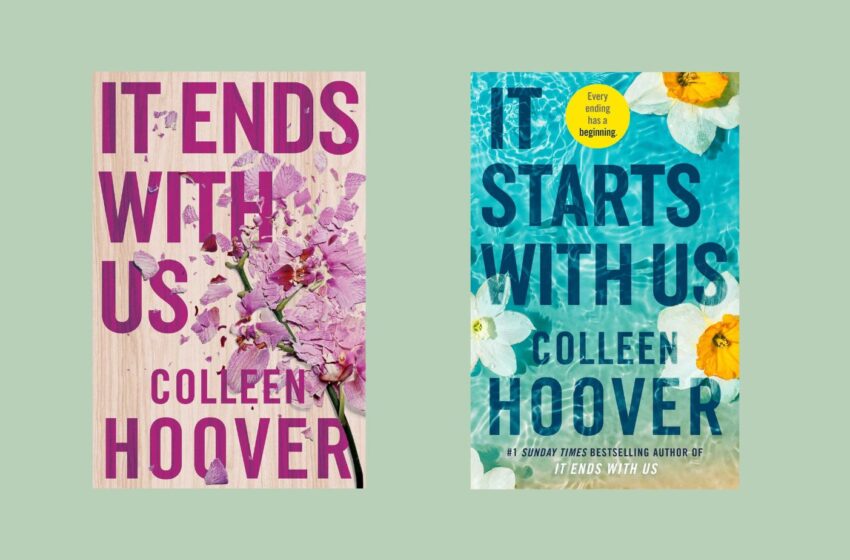
Is ‘It Starts With Us’ the ‘lighter’ experience Colleen Hoover promised?
Colleen Hoover’s brand new novel It Starts with Us is here. In creating a sequel to her #1 New York Times bestseller, It Ends with Us, the author had a real pressure to deliver. In the new novel, Hoover picks up right where she left in the first book. We have new mother Lily, who is freshly-divorced, recovering from an abusive relationship, and, not to mention, running her own floristry business. Lily’s uncontrollable feelings towards her teenage love, Atlas Corrigan, allow readers to witness her continued story as she handles dating and a tricky co-parenting relationship with her abusive ex-husband Ryle.
“It Ends with Us is the one book I have been adamant that I would never write a sequel for”.
Lily’s story is, once again, beautifully told through her own voice and, in true It Ends with Us fashion, through the fictional letters she writes to her idol Ellen DeGeneres, just as she did as a child. Lily is as powerful as ever, but Hoover still keeps it real; sex is disrupted by breast-milk leakages, dates are ruined by accidental napping. There’s a witty undertone to the novel which shines through in moments like these, as Hoover delivers to readers the much lighter experience she promises in her introductory note. Hoover notably doesn’t skip over past trauma as Lily strives to create a happy life from the ruins of a life she once had. Instead, she weaves disturbing memories from the past into Lily’s present, creating an emotional, complicated yet realistic version of what life after abuse can look like. Whilst these reminders come subtly, we are never allowed to forget; as Lily puts together a bouquet of ‘apology flowers’ for a client, with the message ‘I’m sorry about last night’, her thoughts immediately jump to ‘Did he hit her?’
Atlas, the godly love interest, is certainly the classic perfect-yet-complicated character type (think Connell Waldron from Sally Rooney’s hit Normal People). Hoover gives us half of the perspective of the novel from Atlas’ point of view, differing from It Ends with Us, in which we only get Lily’s perspective (and nothing from Ryle). We can understand this as a representation of this new, balanced relationship compared to the destructive, unfair relationship which the first book focuses on.
It Starts with Us doesn’t endeavour to give readers discomfort; it is feel good. The first book took the approach of posing Ryle (the abusive boyfriend turned husband) as the villain in disguise; his manipulative, incorrect ways were camouflaged by his intense attractiveness and dominance. In effect, Hoover deliberately romanticises an abuser, challenging the reader’s stance on Ryle constantly. The violent hands of the abuser are gentle and steady: ‘He grabs my wrists and pushes me away from him… I feel his hands on me. Gentle. Steady.’ The Ryle portrayed now, in the second book, is simply just a villain: “I’m not sure if he realises the reaction I have anytime his hand comes near me is a negative one. Knowing Ryle, he probably thinks I flinched because I felt a spark.”
*
Hoover does grace readers with a lighter experience in It Starts with Us; the novel as a whole is the happy ending which readers desired for Lily, and Atlas too. Hoover, you’ve failed to disappoint.
Featured Image Credit: Amazon

